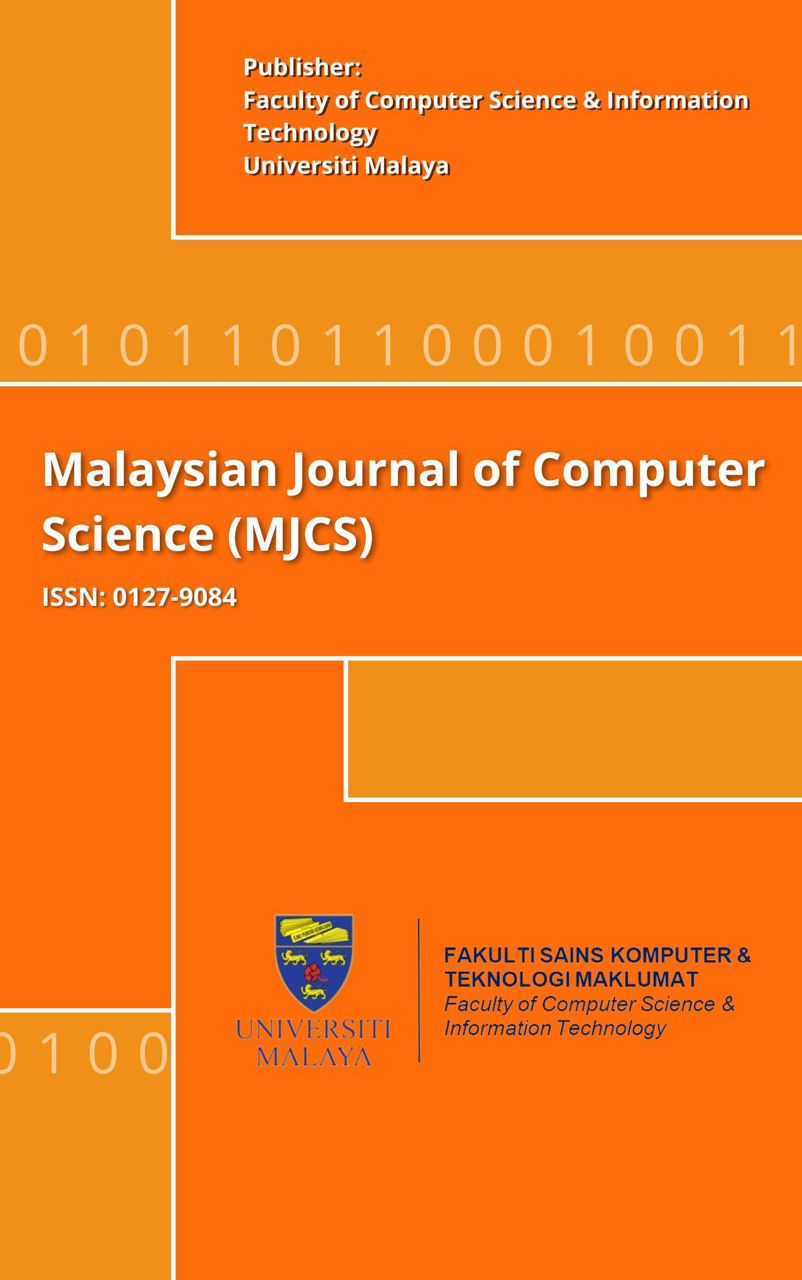STARVATION DELAYED DHCP SERVICE FOR ENABLING POOL RECOVERY
Main Article Content
Abstract
Dynamic Host Configuration Protocol (DHCP) Internet Protocol (IP) address starvation is a method, used by attackers, to breakdown communication over IP network. In order to solve this problem, a method to detect and recover malicious IP address request by using Internet Control Message Protocol (ICMP) protocol has been proposed. However, the ICMP based was not be able to work faster in detecting and recovering the malicious request than the attack rate. This study proposed an ease and effective authentication method to emphasize on limiting the rate of IP addresses request by malicious client during the DHCP discovering process and prevent the DHCP server from being IP address starved. Experimental results revealed that the proposed method was not only limited to the IP addresses requested time by attackers but also able to prevent the DHCP server from facing the IP address starvation attack.
